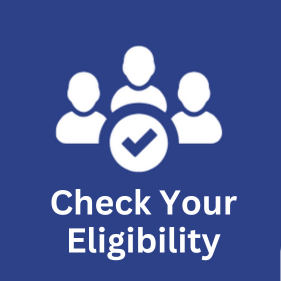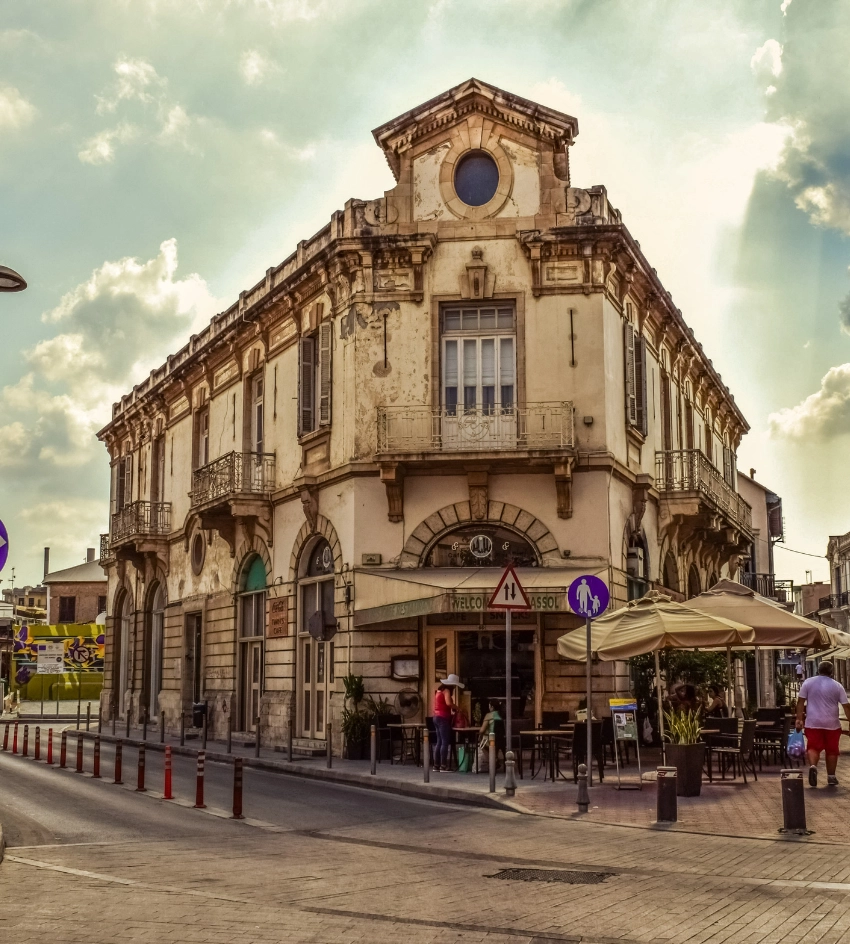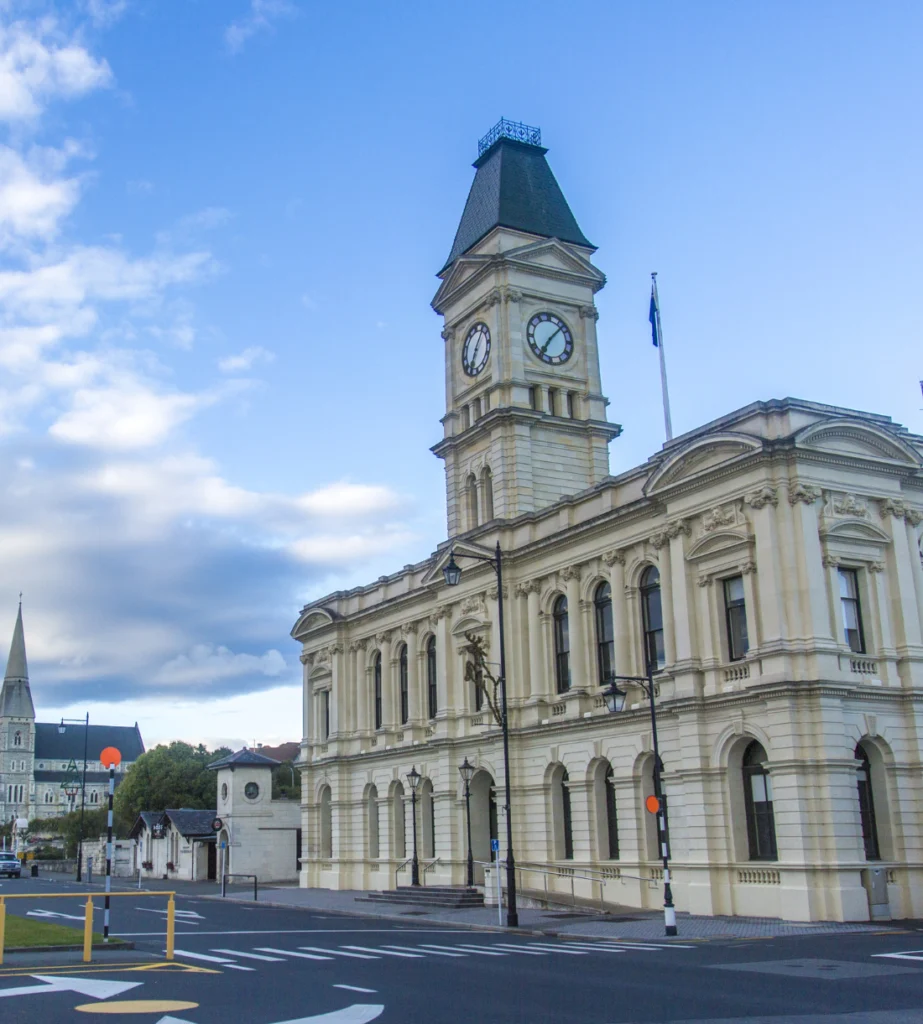STUDY IN SOUTH KOREA
Imagine yourself studying amidst a seamless blend of modern innovation, K-pop culture, and ancient traditions, where stunning landscapes and bustling cityscapes coexist harmoniously. This is your opportunity to immerse yourself in South Korea, one of the most culturally rich and technologically advanced societies in the world.
Studying in South Korea can be a unique and exciting experience, especially if you’re interested in its vibrant K-pop culture like BTS. South Korea is known for its world-class education system, cutting-edge technology, and rich cultural heritage. If you’re considering studying in South Korea and immersing yourself in the K-pop phenomenon, here are some steps and things to keep in mind:
Welcome to an experience that transcends textbooks and classrooms, where learning becomes a dynamic exploration of history, culture, and progress. South Korea stands as a global hub for cutting-edge research, offering a plethora of academic programs tailored to meet the demands of an ever-evolving world.

QUICK FACTS ABOUT SOUTH KOREA:
- Population: 51,418,097 (2022 est.) within 98,190 square kilometers (37,901 square miles)
- South Korea is one of the most wired countries in the world, with over 99% of the population having internet access.
- South Korea is also a major producer of electronics, cars, and shipbuilding.
- K-pop, a genre of popular music that originated in South Korea, has become a global phenomenon.
- South Korea is home to the world’s fastest internet speeds.
- South Korea has a very high literacy rate, at 99%.
- South Korea is a major tourist destination, with many popular attractions such as Gyeongbokgung Palace, the DMZ, and Jeju Island.
- The gross enrollment ratio (GER) in tertiary education in South Korea is 96.8%, the highest in the world. This means that 96.8% of people of age 17 to 23 are enrolled in some form of tertiary education.
- The percentage of South Koreans aged 25 to 34 years old who have completed some form of tertiary education is 69.8%. This is also the highest among OECD countries.
- The percentage of South Koreans aged 25 to 64 who have attained a bachelor’s degree is 34.2%. This is also the highest among OECD countries.
- There are over 400 universities in South Korea, both public and private.
- The most prestigious universities are the Seoul National University, Korea University, and Yonsei University.
- The most popular majors in South Korean universities are business, engineering, and medicine.
- The academic year in South Korea runs from March to February.
- South Korean universities have a strong focus on research.
WHY STUDY IN SOUTH KOREA?
High-quality education: South Korean universities are known for their high-quality education in data and statistics. The professors are experts in their field and the facilities are state-of-the-art.
Strong research culture: South Korean universities have a strong research culture in data and statistics. This means that you will have the opportunity to work on cutting-edge research projects with some of the best minds in the field.
International environment: South Korea is a very international country, with over 1 million international students studying there. This means that you will have the opportunity to meet people from all over the world and learn about different cultures.
Employment opportunities: South Korea is a major hub for data and statistics research and development. This means that there are many job opportunities available for graduates with a degree in this field.
Low tuition fees: The tuition fees for studying data and statistics in South Korea are relatively low compared to other developed countries. This makes it an affordable option for international students. The average tuition fee for a year of undergraduate study at a public university in South Korea is around \$4,000 and at a private university it is around \$7,000.
Opportunity to learn Korean: Learning Korean is a great way to immerse yourself in Korean culture and to connect with the local people. It will also give you an edge in the job market, as many employers in South Korea prefer to hire people who can speak Korean.
Access to cutting-edge technology: South Korea is a leader in technology, and this is reflected in the data and statistics programs offered by its universities. You will have access to state-of-the-art facilities and equipment, and you will be taught by experts who are using the latest methods and techniques.
Chance to experience Korean culture: South Korea is a fascinating country with a rich culture. Studying data and statistics there will give you the opportunity to experience this culture firsthand. You will learn about Korean history, food, music, and art, and you will have the chance to meet and make friends with Koreans.
INTERESTED TO STUDY?
LET'S TALK TO OUR EXPERT COUNSELLORS

WHERE TO STUDY IN SOUTH KOREA?
Seoul:
This metropolitan city was ranked among the top 4 economies in 2014, alongside Tokyo and New York. It serves as a significant political, economic, and cultural hub of South Korea and is renowned for providing quality education.
As one of the best cities for international students in South Korea, Seoul houses some of the world’s top universities that are increasingly welcoming to foreign students. Over 60% of international students in South Korea choose to study in Seoul. Surveys indicate that the city ranks third among the best schools for international students, while QS universities have placed Seoul in the top 10 best cities for students. The top educational institutions in Seoul include Seo.Seoul National University
- Korea University
- Yonsei University
- Sogang University
- EwhaWomans University
BUSAN:
Busan, located on South Korea’s southern coast, is the second-largest city in the country. Despite its size, Busan has a significant impact as the core of the “Southeast Economic Zone” specializing in manufacturing and industrial works. It serves as the economic and cultural center of the southeastern region of South Korea.
Busan’s identity is greatly influenced by its coastal location. The city’s ports are among the world’s top six most productive ports, generating significant revenue. Students are drawn to Busan for its natural surroundings and culturally rich neighborhoods. On weekends, they can enjoy activities such as relaxing at Nakdong or Haeundae Beach, hiking at Geumjeongsan, watching cultural street performances while enjoying local food in university towns, or finding peace at the Buddhist temple Beomeosa. Some of the top institutions in Busan include:
- Pusan National University
- Pukyoong National University
- Dong-A University
- Kyungsung University
- Korea Maritime and Ocean University
DAEGU:
The quiet yet industrious town in Yeongnam Province, located in the southeastern part of South Korea, specializes in the production of major commodities such as textiles, metals, and machinery.
Daegu universities offer students a balanced mix of work and play. Students can learn about modern technologies and immerse themselves in traditional Korean medicine spas and medicine markets. To find inner peace, students can go for a hike up Mt. Palgongsan and visit the Gatbawi. Foodies can indulge in farm-to-night market delicacies to their heart’s content. Top institutions in Daegu include:
- Kyungpook National University
- Keimyung University
- Daegu National University of Education
SUWON:
Suwon, the largest city in Gyeonggi-do province and located just a short distance from Seoul, boasts the only fully walled city in South Korea, the Hwaseong Fortress, which is a popular tourist attraction. The city is rich in cultural and historical sites, including several UNESCO World Heritage Sites. It’s an excellent destination choice for students who enjoy exploring various cultural and historical experiences. Suwon is also a significant educational hub, with top universities such as Kyung-hee and Sungkyunkwan having satellite campuses there.
- Ajou University
- Kyung-hee University (Suwon Campus)
- Sungkyunkwan University (Natural Science Campus)
- Kyonggi University
DAEJEON:
Daejeon, also known as ‘Asia’s Silicon Valley’, is a popular destination for students who dream of becoming leading scientists in the world. The city hosts research facilities of global brands such as Samsung and LG, in addition to public and private research institutes and science parks. Hence, Daejeon is considered one of the best cities for international students studying in South Korea. Some of the top educational institutions in Daejeon are:
- Korea Advanced Institute of Science & Technology
- Chungnam National University
- Solbridge International School of Business
- Daejeon University
WHICH UNIVERSITY TO ATTEND IN SOUTH KOREA?
South Korea boasts numerous renowned higher education institutes and is a top destination for international students. Check out the top universities to study in South Korea:
University | Kr Ranking (WR) |
Seoul National University | 1 (98) |
Yonsei University | 2 (232) |
Korea University | 3 (288) |
Korea Advanced Institute of Science and Technology | 4 (294) |
Sungkyunkwan University | 5 (383) |
Hanyang University | 6 (480) |
Kyung Hee University | 7 (661) |
Pohang University of Science and Technology | 8 (837) |
Ulsan National Institute of Science and Technology | 9 (850) |
Kyungpook National University | 10 (889) |
Korea University of Science and Technology | 11 (981) |
University of Ulsan | 12 (1033) |
Konkuk University | 13 (1113) |
Chung-Ang University | 14 (1144) |
Pusan National University | 15 (1179) |
Ajou University | 16 (1183) |
Sejong University | 17 (1204) |
Chonbuk National University | 18 (1292) |
Chonnam National University | 19 (1308) |
Daegu Gyeongbuk Institute of Science and Technology | 20 (1345) |
WHAT IS THE ADMISSION SCHEDULE?
Students who wish to begin their studies in the fall semester must apply between May and June of the same calendar year.Students who wish to begin their studies in the fall semester must apply between May and June of the same calendar year.
Spring Semester | Runs from March to June |
Application deadline: Sept-Nov | |
Fall Semester | Runs from September to December |
Application deadline: May-June |
WHICH COURSE SHOULD I STUDY IN SOUTH KOREA?
Here are some of the popular and best courses to study in South Korea:
Engineering | Natural Science | Humanities | Business |
Electrical engineering | Physics | Languages | Accounting |
Civil engineering | Biology | History | Finance |
Mechanical engineering | Chemistry | Anthropology | International Business |
Biomedical engineering | Geology | Art | Management |
Computer engineering | Zoology | Politics | Supply chain |
Nuclear engineering |
| Law | HR Management |
Nanoengineering |
| Philosophy |
|
HOW TO STUDY IN SOUTH KOREA?
- Select the Korean institution and program that you want to enroll in.
- Visit the university’s website to learn all about the conditions and demands for enrollment in the particular course.
- Send the Korean University your completed enrollment application together with the necessary documentation.
- The university will send you an acceptance letter if they decide to accept your application.
- Prepare the paperwork needed to apply for a student visa in South Korea after obtaining the acceptance letter.
- To obtain a student visa, submit the required paperwork and the visa application.
- Finally, get your student visa and travel to South Korea to start your lessons.
WHAT DOCUMENTS ARE REQUIRED TO APPLY?
While admission requirements vary from one university to another, here are some of the common prerequisites:
- Submitted application form
- A scan of your diploma (high school or Bachelor’s degree)
- A transcript/record of your previous courses
- A scan of your passport and/or birth certificate
- Your CV
- Language test scores
- Proof of paying the application fee (if applicable)
- Proof of financial resources (to live and study there)
- passport-sized photo(s)
- copy of valid passport and/or personal ID
- Motivation letter
- Evidence of scholarship or funding
- Letters of recommendation (between 2-3)
- Portfolio and/or writing samples
- Personal statement
- (online) interview

WHAT LANGUAGE PROFICIENCY TEST AND SCORE ARE REQUIRED?
The certificates generally accepted by the universities in South Korea are:
Test | Undergraduate | Post graduate |
TOEFL | 71 | 79 |
IELTS | 5.5 | 6.0 |
HOW TO STUDY IN KOREA WITHOUT IELTS?
Students who opt for English-based programs in South Korea often worry about the mandatory IELTS exam. However, there are alternatives available that can help you achieve your dream.
Present Your Results from Other Tests: If you’re enrolling in an English-based program in Korea, you won’t need to provide proof of your Korean or English proficiency to obtain a student visa, unlike in other countries. Additionally, some other proficiency tests, such as those from your university if you’re pursuing postgraduate studies, may also be accepted.
Study in Korean: As an international student who is fluent in Korean, you won’t be required to provide any evidence of your English proficiency. You can enroll in language schools offered by Korean universities to learn Korean, which is a popular method of studying in Korea without taking the IELTS exam.
Present Your School Profile (MOI): A school profile can serve as sufficient proof for many universities. Regardless of whether you plan to study in English or Korean, if your school conducted courses using either profile, simply graduating from that school may exempt you from taking proficiency tests such as the IELTS.
Study the Language: If you decide to first get enrolled in a Korean Language School then they won’t ask you for English proficiency. This is a great way to begin to know the country and its culture and determine if you want to spend the upcoming years there.
HOW MUCH ARE THE TUITION FEES IN SOUTH KOREA?
Program | Approximate Costs (per semester, in USD) |
Associate Degree | $1,500-$2,600 (BDT 1.50- 2.6 Lakh) |
Undergraduate Course | $1,600-$10,000 (BDT 1.6 – 10 Lakh) |
Postgraduate Program | $1,100-$10,000 (BDT 1.1 – 8.19 Lakh) |
Admission Fee | $60-$150 (BDT – 8.19 Lakh) |
WHAT IS THE LIVING COST IN SOUTH KOREA?
- Accommodation (university dormitory): 600–1,400 USD/semester
- Accommodation (private rent): 300–400 USD/month plus the security deposit (3,000–5,000 USD)
- Food and groceries: 300–500 USD/month
- Medical insurance: 20 USD/month
- Monthly transport pass (train, metro, bus): 40 USD
- 3-course meal for 2 at a midrange restaurant: 34 USD
- Loaf of bread: 2.45 USD
- Milk: 2.10 USD
- Cappuccino: 3.80 USD
WHAT ARE THE SCHOLARSHIPS TO STUDY IN SOUTH KOREA?
South Korea is dedicated to helping international students and those facing financial hardships by offering various scholarships and awards. In addition to government-funded programs, nearly all universities in South Korea provide grants to international students. If you are considering studying in South Korea, here are some scholarships to consider:
- The Undergraduate Korean Government Scholarship
- Global Korea Scholarship
- Korean Government Scholarship Program
- Seoul National University Scholarship for Graduates And Undergraduates
- Korea University Scholarship for Graduate and Undergraduate Program
- GIST Scholarship
- UST Scholarships
- Fully Funded KOICA CIAT Scholarship Program (Master/Doctoral)
- Yonsei University Global MBA Scholarships 2023-24, South Korea.
- Yonsei GSIS-NIIED Global Korea Scholarship Program
- South Korea, KAIST School of Business, KAIST Scholarship
- Korean Government Support Program for Foreign Exchange Students
- KDIS Scholarship for International Students
- GSIS International Student Scholarship at Korea University
- Kyungpook National University – International Graduate Scholarship
- South Korea International Scholarships at Mobile Computing Lab at Chosun University
Picture yourself wandering through the vibrant streets of Seoul, savoring delectable street food, or hiking along ancient trails that lead to breathtaking vistas. In South Korea, your education extends beyond lectures, as you engage with locals, forge lifelong friendships, and partake in unique cultural experiences. Whether your passion lies in engineering, arts, sciences, or humanities, South Korea’s prestigious institutions provide a platform for you to thrive.

VISIT / BUSINESS VISA
EMBASSY VISA FEE:
Less than 90 days (Single): $40
Double: $70
Multiple: $90
GENERAL DOCUMENTS CHECKLIST:
- Duly filled & signed visa application form
- Tour itinerary (Detail tour plan in Korea)
- Current passport (minimum validity for 06 months until the planned date of return and minimum two blank pages for visa stamp) with all old passports.
- Two recent color photographs (size 3.5 X 4.5 mm) with a white background but no cap and no sunglasses. Please note: the photo should not more than 06 months old and should not be used in any of the previous visas. The applicant’s ear must be visible in his/her photo.
- Birth certificate / National ID card copy (Smart card-if available)
- Marriage certificate or divorce certificate copy (as per religion). A death certificate copy requires for widows.
- Cover or Forwarding Letter of Applicant
- Health Condition Report Form (Attached)
- Covid-19 Vaccination completed certificate
PROFESSIONAL DOCUMENTS FOR BUSINESS VISA:
Trade license (renewal), Business agreement/deed copy (for partnership Business) / Memorandum of the article, certificate of incorporation, form 12 (For limited company), VAT, IRC, and Membership certificate (If any), 02 Business card.
FINANCIAL DOCUMENTS:
- Bank statement & solvency certificate (original with bank seal and signature) of last 06 months for both company &personnel.
- Other financial documents such as FDR, saving certificate, and share statement (If available).
- Income tax certificate with return copy (last 3 years), E-TIN certificate copy.
- Valuation of other assets such as land, buildings (If any).
TRAVEL DOCUMENTS FOR BOTH TOURIST AND BUSINESS VISAS:
- Air-ticket Booking copy
- Confirmation of accommodation at a hotel or guest house for all dates.
OVERSEAS DOCUMENTS:
- For Tourist Purposes: Invitation letter and affidavit of support notarized, if available
- For Business Visit: A letter of invitation from the host organization in South Korea. Including conference registration details, reasons for the applicant’s visit, itinerary with contact details of the business parties involved, and applicant’s employment contract details.
AGC visa consultancy service covers all countries worldwide and offers a comprehensive 360-degree approach. We help you prepare your visa application according to your profile, ensuring that your documentation is accurate and complete. To do this, we conduct a thorough background and travel history check on our clients and provide customized consultation based on the results.
HOW AGC HELP YOU?
- Evaluating your educational background in order to position you for further study.
- Choose the best universities and programs in accordance with your professional plan.
- Ensuring your acceptance to the university and program of your choice.
- Assisting you in obtaining scholarships if you are qualified.
- Assisting you in paying your tuition fees.
- Effective and professional processing of visas.
- Assisting with the dependent visa application.
- Getting ready for your visa interview.
- Booking flights with assistance.
- We also provide airport pickup services in practically every country on earth.
- Arranging lodging and assisting you in locating employment in the nation of your choice.
Therefore, it’s advisable to research opportunities and consult with Alex Global Consultancy to find out more information and assistance.
FAQ (FREQUENTLY ASKED QUESTIONS)
Corporate Executives, Lawmakers, Psychiatrists, Plastic Surgeons, and Gynecologists are among the highest-paying jobs in South Korea.
You must pass the TOPIK (Test of Proficiency in Korean) level 3 or higher for undergraduate programs and TOPIK level 4 or higher for graduate programs.
Seoul National University is the top university in South Korea.















